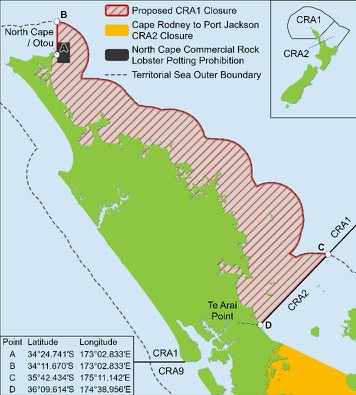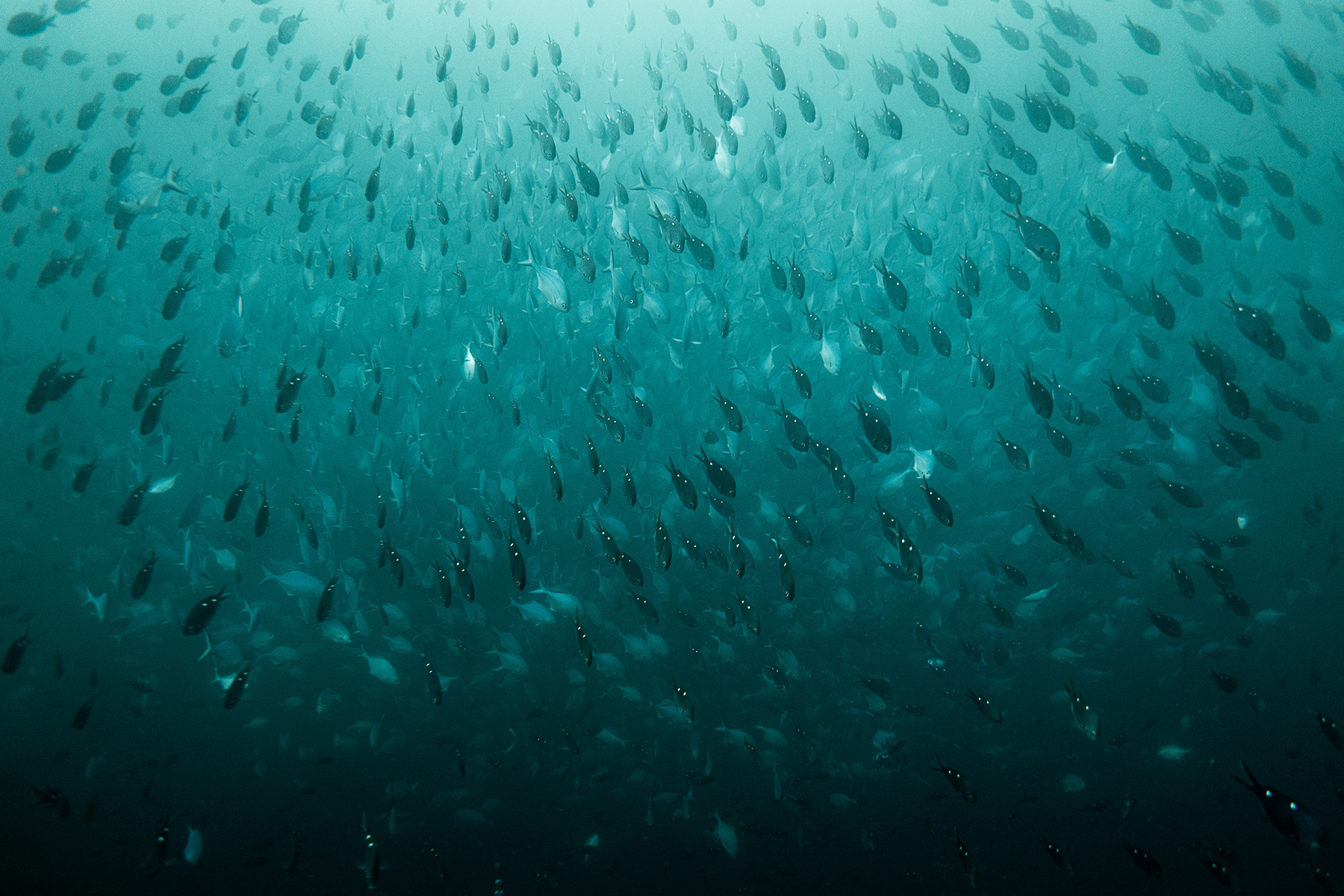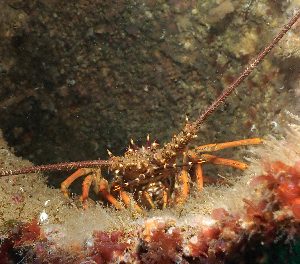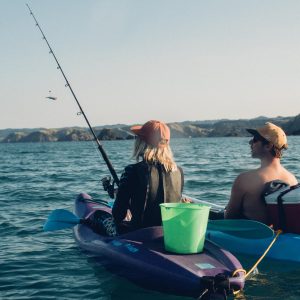Years of ineffective management have contributed to the depletion of crayfish populations along Northland’s east coast known as the CRA 1 fishery.
Now at crisis point, the depletion can no longer be ignored.
 Fisheries NZ has proposed a range of management measures to address the depletion. These will affect commercial and recreational fishing for red rock lobster and packhorse crayfish.
Fisheries NZ has proposed a range of management measures to address the depletion. These will affect commercial and recreational fishing for red rock lobster and packhorse crayfish.
FNZ proposes to close Northland’s east coast to all commercial and recreational harvest of red rock lobster. The west coast, where crayfish remain productive, would stay open.
The short-term reality of not bringing home crayfish after a day out on the water may seem tough. But the long-term consequences of continuing to take what’s left is far worse.
For decades, keen divers have raised concerns about the depletion of crayfish on the east coast of Northland. Numerous submissions have been made by the New Zealand Sport Fishing Council and other organisations. And LegaSea has actively promoted precautionary management.
This delay of meaningful management has consequences. Not only for us, but the marine ecosystem.
Crayfish are a keystone predator. Their loss has triggered a cascade of imbalance. Too few crayfish means too many kina left unchecked to graze kelp forests until little remains.
Areas of lush habitats supporting countless coastal fish are now desolate kina barrens.
We can’t sit back and let this train wreck continue.
In 2022, the High Court ruled that the Minister for Oceans and Fisheries cannot ignore the impacts on the marine environment of overfishing crayfish.
The Minister has a legal obligation to take action and address the proliferation of kina barrens. To restore balance, crayfish populations must be rebuilt.
A bold decision is required to secure abundance for the benefit of future generations and the functioning of our coastal ecosystems. Closing Northland’s east coast to crayfish harvest is that bold step. But it’s not a cause to be celebrated. A closure indicates a serious failure to protect this species from overharvest.
If you’re a fisher, diver or simply someone who cares about the marine environment, now is the time to speak up and have your say on the future of Northland’s crayfish.
Use the LegaSea online submission form below to make your voice count and advocate for more abundance, with the hope that one day we can all enjoy the benefits of restored abundance of these magnificent creatures.
In December 2024 LegaSea and the New Zealand Sport Fishing Council submitted in support of a restoration package. We will continue to support the following:
- A closure to crayfish harvest on Northland’s east coast until populations have rebuilt to a level so they can be harvested sustainably; alongside
- Development of a recovery plan which would include measures to support reopening the fishery while continuing to rebuild rock lobster stocks.
—
We have developed an easy online submission so that you can make sure your voice is heard before Monday 29 September 2025.





